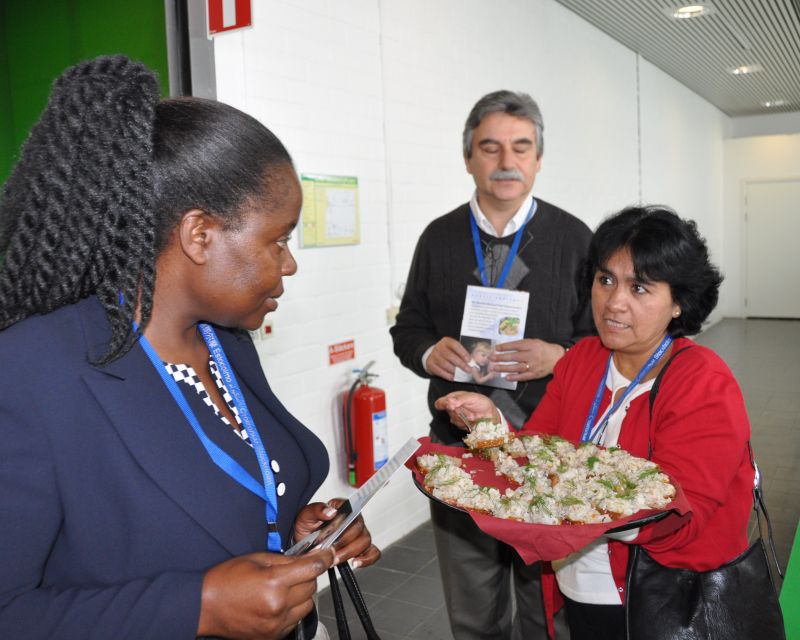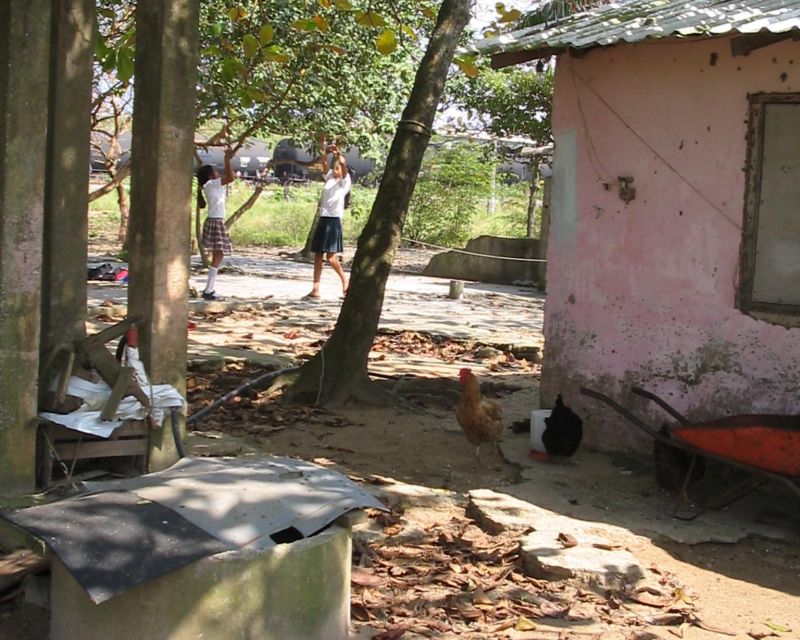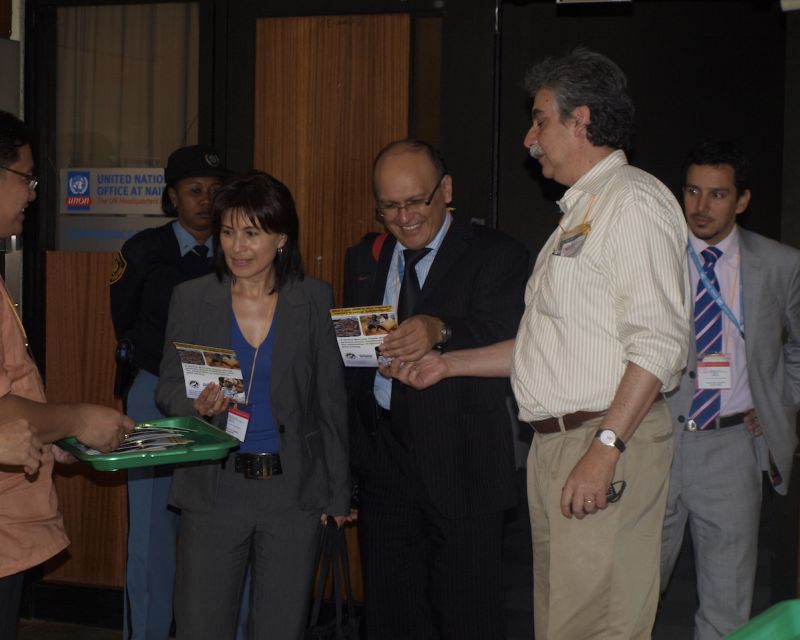Mexico, the eleventh most populous country in the world, has a rich history. A number of Central American civilizations developed in its territory. At the same time, it is a country with a very developed industry, which brings with it negative aspects in the form of environmental pollution by toxic substances. Like the Czech Republic, however, there is also a Pollutant Release and Transfer Register (PRTR) in Mexico. The country plays an important role in the international arena among Latin American countries.
 Arnika has been cooperating with Mexican NGOs for many years within the international IPEN network. The first joint project was a study focused on the presence of dioxins and other toxic substances in the free range chicken eggs from the vicinity of the petrochemical complex in Coatzacoalcos in 2005. In 2013, we also detected mercury contamination in fish in its vicinity. As in Spolana and Spolchemie, toxic mercury was used in the production of chlorine. However, there have been and are far more joint projects against pollution. Most of them have been possible thanks to the global IPEN network and, in recent years, also thanks to the support of Sweden.
Arnika has been cooperating with Mexican NGOs for many years within the international IPEN network. The first joint project was a study focused on the presence of dioxins and other toxic substances in the free range chicken eggs from the vicinity of the petrochemical complex in Coatzacoalcos in 2005. In 2013, we also detected mercury contamination in fish in its vicinity. As in Spolana and Spolchemie, toxic mercury was used in the production of chlorine. However, there have been and are far more joint projects against pollution. Most of them have been possible thanks to the global IPEN network and, in recent years, also thanks to the support of Sweden.





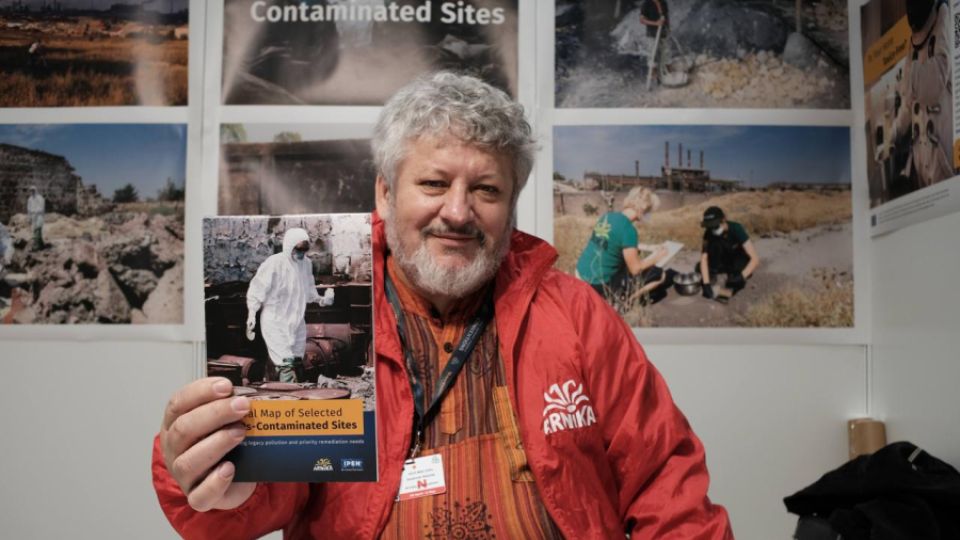
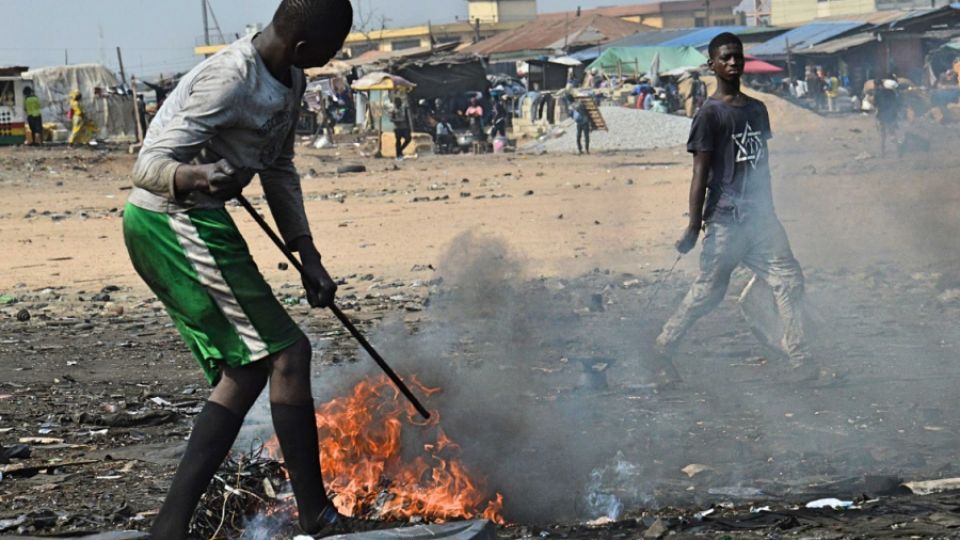
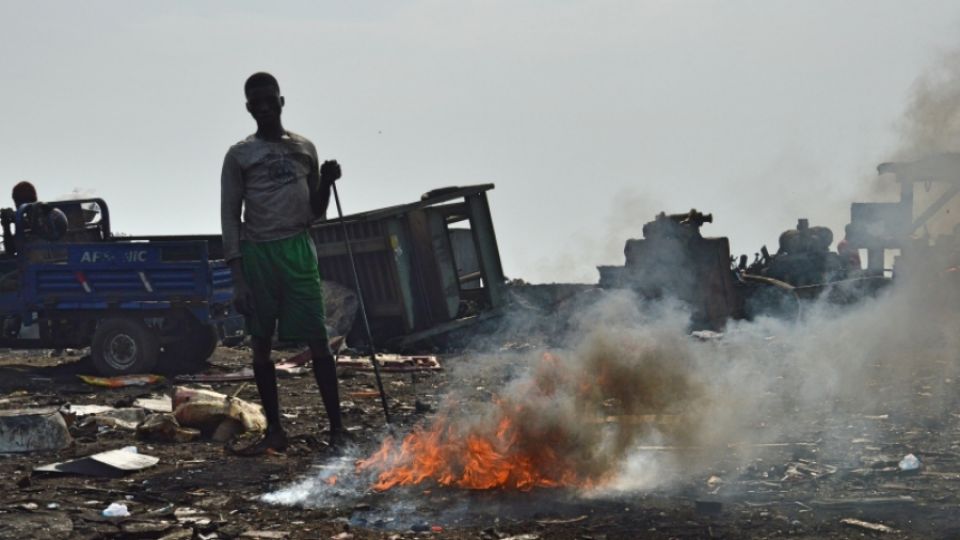
 Arnika has been cooperating with Mexican NGOs for many years within the international IPEN network. The first joint project was a study focused on the presence of dioxins and other toxic substances in the free range chicken eggs from the vicinity of the petrochemical complex in Coatzacoalcos in 2005. In 2013, we also detected mercury contamination in fish in its vicinity. As in Spolana and Spolchemie, toxic mercury was used in the production of chlorine. However, there have been and are far more joint projects against pollution. Most of them have been possible thanks to the global
Arnika has been cooperating with Mexican NGOs for many years within the international IPEN network. The first joint project was a study focused on the presence of dioxins and other toxic substances in the free range chicken eggs from the vicinity of the petrochemical complex in Coatzacoalcos in 2005. In 2013, we also detected mercury contamination in fish in its vicinity. As in Spolana and Spolchemie, toxic mercury was used in the production of chlorine. However, there have been and are far more joint projects against pollution. Most of them have been possible thanks to the global 